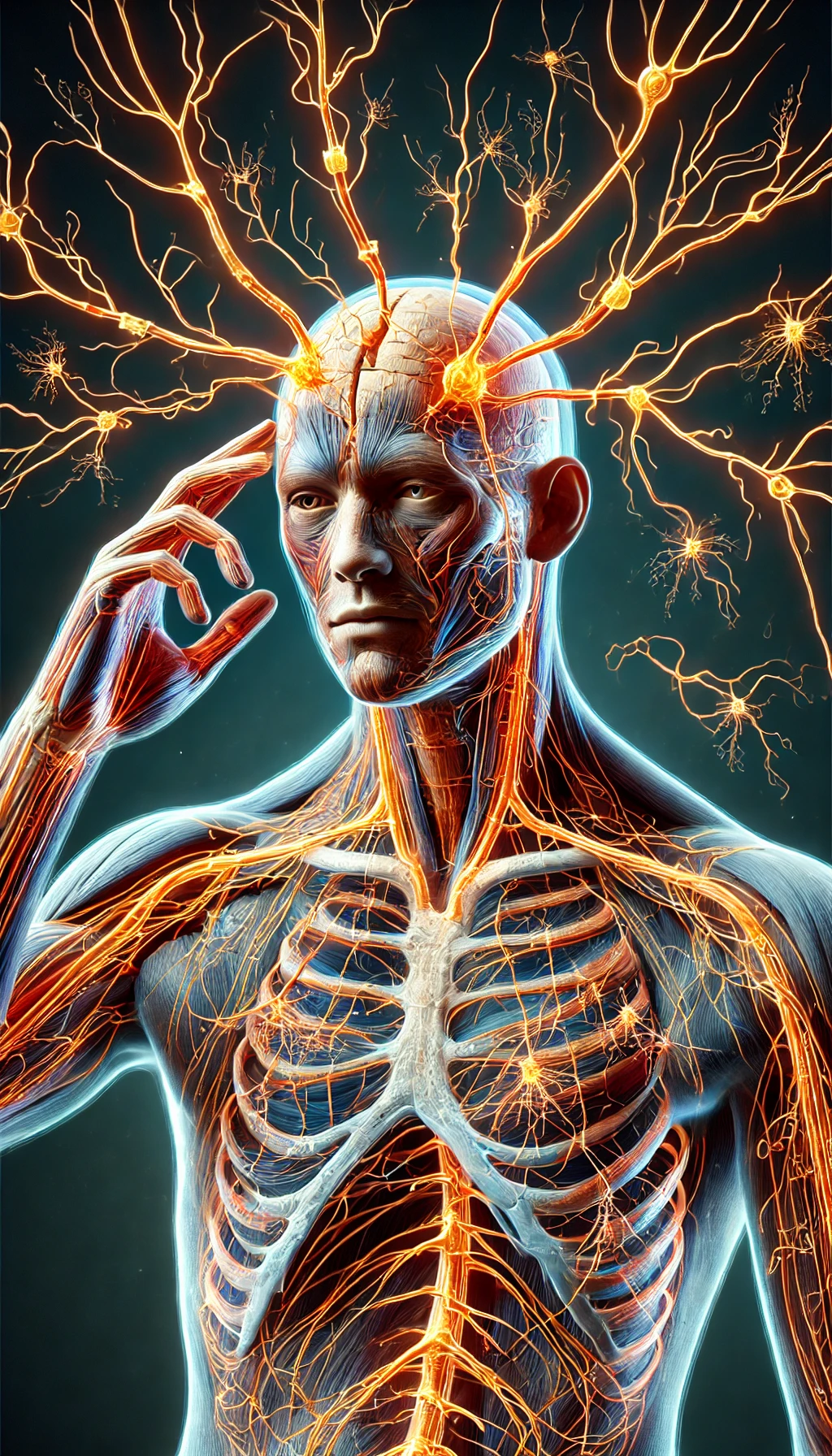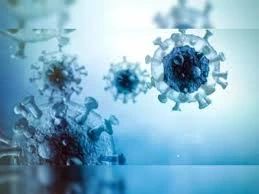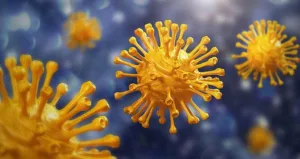
Guillain-Barré Syndrome (GBS) in India: Causes, Symptoms, Outbreaks
Introduction
Guillain-Barré Syndrome (GBS) is a rare but serious autoimmune disorder in which the body’s immune system attacks the peripheral nervous system. This can lead to muscle weakness, paralysis, and even respiratory failure in severe cases. While GBS is not highly common, recent outbreaks in India, particularly in Maharashtra and Telangana, have raised concerns among health authorities and the general public.
What is Guillain-Barré Syndrome?
Guillain-Barré Syndrome is a neurological disorder that affects the peripheral nerves, which are responsible for transmitting signals between the brain and muscles. The body’s immune system, which normally defends against infections, mistakenly attacks these nerves, leading to inflammation, nerve damage, and impaired communication between the brain and the muscles.

Types of GBS
GBS manifests in different forms, including:
- Acute Inflammatory Demyelinating Polyneuropathy (AIDP): The most common form, characterized by muscle weakness starting in the lower body and spreading upward.
- Miller Fisher Syndrome (MFS): A rarer variant that begins with eye muscle paralysis and loss of reflexes.
- Acute Motor Axonal Neuropathy (AMAN) and Acute Motor-Sensory Axonal Neuropathy (AMSAN): More severe forms of GBS that cause rapid onset muscle weakness and sensory loss.
Causes and Risk Factors
While the exact cause of GBS remains unknown, researchers have identified several risk factors and triggers that may lead to the condition.
Common Triggers
- Viral and Bacterial Infections: Many GBS cases follow infections such as influenza, dengue, Zika virus, and COVID-19.
- Campylobacter Jejuni Bacteria: One of the most common bacterial triggers, found in contaminated food and water.
- Post-Vaccination: Rarely, some vaccines have been linked to GBS cases, including flu vaccines and COVID-19 vaccines.
- Autoimmune Disorders: Individuals with pre-existing autoimmune diseases may be at a higher risk of developing GBS.
Risk Groups
- Adults over 50 years old
- Individuals with recent respiratory or gastrointestinal infections
- People with weakened immune systems
Symptoms of Guillain-Barré Syndrome
GBS symptoms often appear suddenly and worsen rapidly. The severity can range from mild weakness to complete paralysis.
Early Symptoms
- Tingling or numbness in the hands and feet
- Muscle weakness in the legs, spreading to the arms and upper body
- Loss of reflexes
- Difficulty walking or maintaining balance
Advanced Symptoms
- Severe pain in the back or limbs
- Difficulty swallowing, speaking, or chewing
- Breathing difficulties due to respiratory muscle weakness
- Paralysis in severe cases
Diagnosis of GBS
Early detection and diagnosis of GBS are crucial for effective treatment. Healthcare professionals use a combination of clinical evaluation and diagnostic tests to confirm the condition.
Diagnostic Tests
- Nerve Conduction Studies (NCS): Measures how well electrical signals travel through the nerves.
- Electromyography (EMG): Assesses the function of muscles and the nerves controlling them.
- Lumbar Puncture (Spinal Tap): Examines cerebrospinal fluid for elevated protein levels, a common indicator of GBS.
- Blood Tests: Rule out other potential causes of muscle weakness and nerve damage.
Treatment Options for GBS
Although there is no cure for Guillain-Barré Syndrome, timely treatment can significantly improve recovery outcomes.
Medical Treatments
- Plasma Exchange (Plasmapheresis): Removes harmful antibodies from the blood, reducing nerve damage.
- Intravenous Immunoglobulin (IVIG): Administers antibodies to neutralize the immune response and stop further nerve damage.
- Pain Management: Medications such as pain relievers and anti-inflammatory drugs help manage symptoms.
- Physical Therapy: Rehabilitation to restore muscle strength and function.

Recovery and Long-Term Outlook
- Mild Cases: Recovery within a few months with minimal complications.
- Moderate to Severe Cases: Recovery may take up to 2 years, with some individuals experiencing long-term weakness or fatigue.
- Mortality Rate: Rare but can occur in cases involving severe respiratory failure or complications.
Recent GBS Outbreaks in India
Maharashtra Outbreak
Maharashtra has reported over 130 suspected GBS cases, with two confirmed fatalities. The outbreak has primarily affected districts such as Pune and surrounding areas.
- Health authorities suspect Campylobacter Jejuni infection as a possible cause.
- 18 patients are on ventilator support, highlighting the severity of some cases.
Telangana Case
A 25-year-old woman from Siddipet was recently diagnosed with GBS, making it the first reported case in Telangana during this outbreak.
- She is undergoing treatment in Hyderabad and does not have any known connection to the Maharashtra outbreak.
Preventive Measures and Public Health Response
Government and Medical Interventions
- Health authorities are monitoring GBS cases and conducting epidemiological studies.
- Hospitals are instructed to stock IVIG and plasma exchange equipment.
- Awareness campaigns are being launched to educate the public on early symptoms.
Preventive Tips for Individuals
- Maintain Hygiene: Wash hands regularly to prevent infections.
- Avoid Contaminated Food and Water: Prevent bacterial infections like Campylobacter Jejuni.
- Stay Alert to Symptoms: Seek medical help immediately if experiencing muscle weakness or tingling.
- Follow Vaccination Guidelines: While vaccines are generally safe, consult your doctor if you have concerns.
Conclusion
Guillain-Barré Syndrome remains a serious but manageable neurological condition. Early diagnosis and appropriate treatment can lead to a full recovery in most cases. The recent outbreaks in Maharashtra and Telangana highlight the need for increased awareness, research, and preparedness to combat future cases effectively. If you or someone you know experiences symptoms of GBS, seek immediate medical attention for the best possible outcome.
SVV BHADRACHARI
MICROBIOLOGIST AND DRUG EXPERT









Add comment